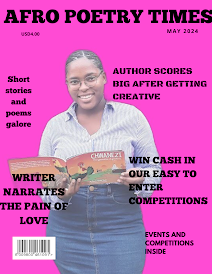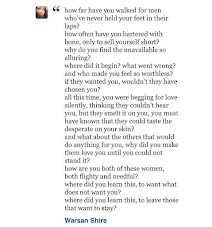Light on author interviews and other new source material, the biography is a towering work of assemblage, a guided tour through the origins and the creative life of ‘the enigma called Madonna,’ with a view to solidifying her status as a leading artist of her time.
That there exists some doubt about this forms a subtext of the book, which, like any biography, proposes a fragile patchwork of contracts with the reader in the name of mastering its subject and fulfilling its brief … Gabriel, a former Reuters editor, organizes the chapters by dateline, taking an almanac-like approach, the idea being, more or less, that a thorough record of Madonna’s accomplishments will speak for itself.
The result succeeds on the strength of that record and on the fine-toothed diligence with which Gabriel, who has claimed that she set out with no particular knowledge of or attachment to Madonna, combs through it. The tone is one of admiring dispassion, the approach at times discreet to the point of inertia.
Readers hungry for original takes, fresh intel, or freewheeling analysis will remain so. Gabriel avoids risk and complication as fervently as Madonna has sought them out, spinning modest threads of historical, political, and cultural context that are never less than perfectly apt and rarely anything more.
Though Gabriel emphasizes the relationships that have helped midwife Madonna’s work, she fails to make them intelligible: we get no sense of the artist’s grind, her habits and challenges as a songwriter, singer, producer, dancer, or director; or of how her vision and her ear have prevailed, in a decades-long evolution, through countless co-productions and genre dalliances.
Old press-tour quotes on this subject are as illuminating as you might expect … More than her talent or her cunning, Madonna’s success reflects a public’s ambivalence about those freedoms we cherish, even as they frighten, bewilder, and enthrall us.
Her story is that of an artist committed to remaking certain old ideals: beauty, sovereignty, connection, grit. It also tells of how starved we were, and still are, for their pure embodiment.”
–Michelle Orange on Mary Gabriel’s Madonna: A Rebel Life (The New Yorker)













